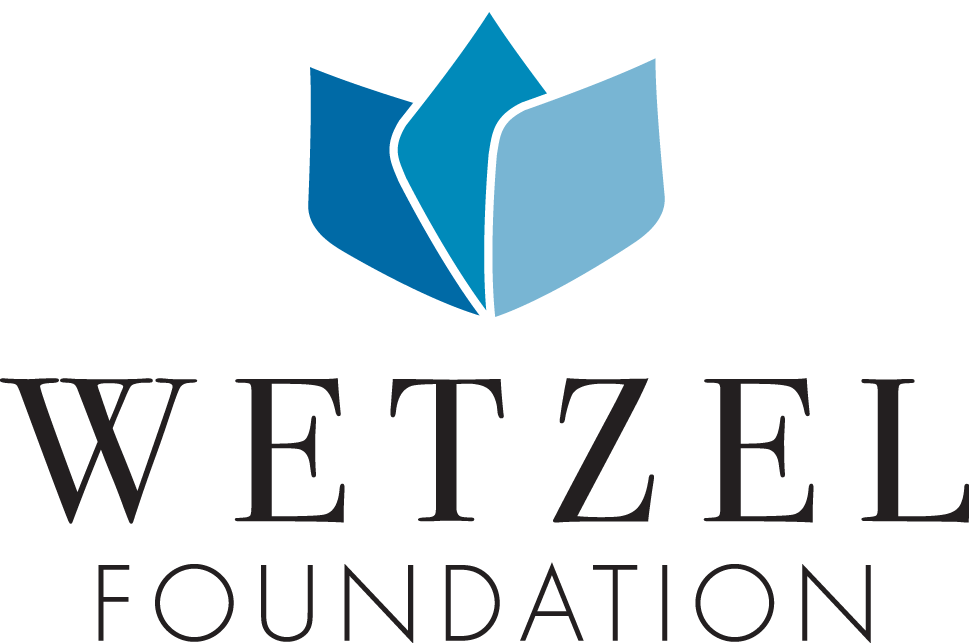Helping the children of baby boomers to discover their parents’ end-of-life wishes and ensuring that an advance directive is something that every parent has and every family understands.
End of life decisions are some of the most important anyone can make. What happens when you have to make them for others? What if that person can’t speak for him- or herself and you don’t know their wishes?
Two factors are making that situation increasingly more likely. The first is that thanks to medical advances, Americans are dying older. The second has to do with one segment of medicine that isn’t advancing fast enough: dementia-related diseases are on the rise. A 2007 study funded by the National Institutes for Health found that one in seven Americans over the age of 71 suffered from some kind of dementia. These diseases are incurable, untreatable and often rob people of their ability to make decisions.
Luckily, there is a way to make to those decisions known. It’s called an advanced directive document (or “living will”). It’s a document that states a person’s wishes for the end of life and names a proxy to carry out those wishes if the person is unable to speak for themself. In most states, you can download the document for free. Filling it out doesn’t require a lawyer. All adults—especially baby boomers—should have one. And yet, most American’s don’t. As of 2010, only 26.3 percent of American adults had prepared such a document,
The problem is that people don’t want to talk or think about death. That’s normal. Parents don’t want to think about their mortality. Their children don’t want to think about losing them. It’s a difficult conversation to have. But what everyone needs to understand is that this conversation is an act of love. The time has come for the children of the baby boomer generation to start the conversation.
The New Normal Movement is the Wetzel Foundation’s initiative to foster these conversations. In addition, we offer resources to make the process of creating documents as simple as possible. In this way we hope to ensure that an advanced directive is something that every parent has and that every family understands.





